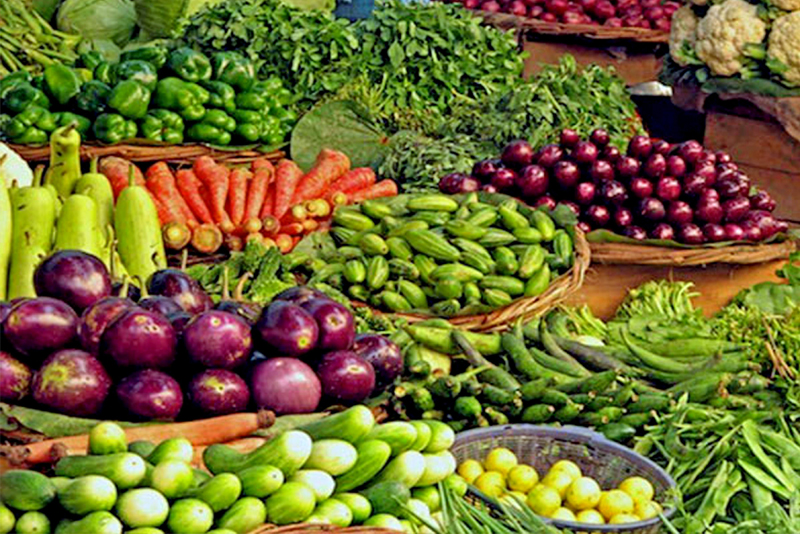FAO spearheads study on Philippine food consumption

MANILA, Philippines — The Food and Agriculture Organization of the United Nations (UN-FAO) is jumpstarting a food consumption study in the country to address food security issues amid rapid population growth.
The Department of Agriculture (DA) has sought the help of FAO to conduct a national food consumption quantification survey that aims to determine the food requirements of Filipinos in the next 50 years.
“I had a series of meetings with FAO representative in the Philippines Jose Luis Fernandez to seek the help of the world food body to conduct a scientific study on food consumption in the Philippines,” Agriculture Secretary Emmanuel Pinol said.
“The need to manage our population is not an affront on a religious dogma but part of the struggle for the survival of the nation. There will come a point when the land and the seas will no longer be able to produce enough food for Filipinos,” he added.
FAO has allocated $300,000 or approximately P15 million for the conduct of a study on food production and food consumption amid the country’s growing population.
“The FAO study is expected to start before the end of the year as the documents covering the loan grant are finalized and signed by the government and the world food body,” Pinol said.
The study aims to address some issues the country may face in the next few years including how much food needs to be produced and how long Philippine land and aquatic resources be able to supply the food needs of a bigger population.
It also aims to shed light on how to produce food using less land and water and how to wean Filipino consumers from their dependence on food commodities which require large areas to grow.
“People have to understand that the 30-million hectare land area and the width of the seas within the country are finite. Farmers can only produce as much food as there are lands to till and fishermen can only catch as much fish as there are seas to sail,” Piñol said.
The Agri chief said while the Philippines is now 96 percent rice self-sufficient and may hit the 100 percent level in the next two years, the country is not likely to sustain the level.
“Food sufficiency is directly correlated to the number of mouths to feed. We may achieve rice sufficiency by 2020 but it will be temporary and fleeting as I expect population to overtake the capacity of the country to produce food the traditional way,” Piñol said.
- Latest
























